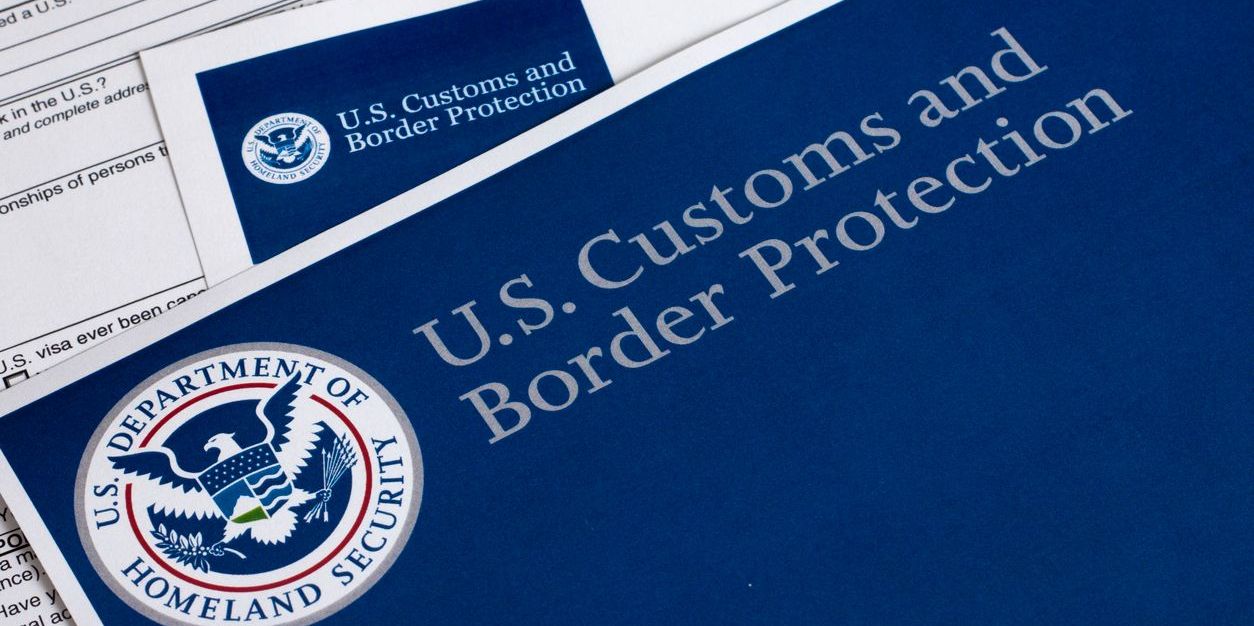What is a Homeland Security Officer?
A homeland security officer works to protect the country from threats like terrorism, natural disasters, and other emergencies. They are involved in safeguarding the nation's borders, transportation systems, and critical infrastructure. Their primary responsibility is to ensure the safety and security of citizens by preventing illegal activities and responding to emergencies when they occur.
Homeland security officers often work for government agencies like the Department of Homeland Security (DHS), Customs and Border Protection (CBP), or the Federal Emergency Management Agency (FEMA). They may be stationed at airports, border checkpoints, or other critical points of entry, ensuring that security protocols are followed and that the risk of terrorism or illegal activities is minimized.
What does a Homeland Security Officer do?

Duties and Responsibilities
The duties and responsibilities of a homeland security officer include:
- Monitoring and Securing Borders: Homeland security officers are responsible for safeguarding national borders, airports, and ports of entry. This includes preventing illegal immigration, human trafficking, drug smuggling, and other criminal activities.
- Terrorism Prevention: Officers work to detect and prevent potential terrorist activities. They conduct security screenings, gather intelligence, and coordinate with other law enforcement agencies to address threats before they occur.
- Emergency Response and Management: In the event of a natural disaster, terrorist attack, or other emergencies, homeland security officers are often part of the response team. They help coordinate emergency operations, ensure public safety, and provide support during crisis situations.
- Investigations and Intelligence Gathering: Homeland security officers may be involved in investigating criminal activities, analyzing intelligence data, and gathering information that helps prevent threats to national security.
- Public Safety Education: Officers help educate the public about safety and security measures. This may include conducting outreach programs on terrorism awareness, disaster preparedness, and how to report suspicious activities.
- Collaborating with Other Agencies: Homeland security officers work closely with local, state, and federal agencies, including the FBI, local police departments, and emergency services, to ensure coordinated efforts in securing the nation and responding to threats.
Types of Homeland Security Officers
There are several types of homeland security officers, each specializing in different areas of national security and public safety:
- Border Patrol Agents: These officers are responsible for patrolling the country’s borders to prevent illegal immigration, drug trafficking, human trafficking, and other criminal activities. They often work in remote areas, such as along land borders and coastlines.
- Customs and Border Protection (CBP) Officers: CBP officers focus on securing ports of entry, including airports, seaports, and land border crossings. They inspect goods, luggage, and travelers to ensure compliance with customs laws and regulations.
- Transportation Security Administration (TSA) Officers: TSA officers work primarily at airports to ensure the safety of passengers and air travel. They conduct security screenings, check baggage, and monitor potential threats to aviation safety.
- Immigration and Customs Enforcement (ICE) Officers: ICE officers focus on investigating immigration violations, conducting criminal investigations, and enforcing laws related to customs and border security. They may also handle investigations into human trafficking and illegal immigration.
- Emergency Management Officers: These officers are responsible for managing responses to natural disasters, terrorist attacks, and other emergencies. They coordinate resources, plan emergency response strategies, and assist communities during crisis situations.
- Cybersecurity Officers: These officers protect national critical infrastructure and government networks from cyberattacks. They work to prevent data breaches, monitor cyber threats, and ensure the integrity of information systems used for national security.
- FEMA Officers: Officers working with the Federal Emergency Management Agency (FEMA) focus on coordinating disaster relief efforts, providing assistance to affected communities, and developing emergency preparedness programs.
Homeland security officers have distinct personalities. Think you might match up? Take the free career test to find out if homeland security officer is one of your top career matches. Take the free test now Learn more about the career test
What is the workplace of a Homeland Security Officer like?
The workplace of a homeland security officer can vary greatly depending on their specific role and assignment. Officers working for agencies like Customs and Border Protection (CBP) or the Border Patrol typically spend a lot of time outdoors, often patrolling borders, airports, or ports. They may be stationed at checkpoints, monitoring traffic and goods entering the country, or working in remote areas to ensure national security. For example, border patrol agents often work in rugged environments and can face challenging weather conditions.
Homeland security officers working with the Transportation Security Administration (TSA) are primarily stationed in airports. Their work environment involves screening passengers and baggage at security checkpoints. They may spend long hours standing or walking through terminals and may encounter high-stress situations, especially during busy travel times. TSA officers are also trained to handle emergencies and respond quickly to security threats within the airport.
Officers working in more specialized roles, such as cybersecurity or emergency management, often work in offices or command centers. Cybersecurity officers monitor networks and systems for potential threats, typically from a computer-based environment. Emergency management officers may work in coordination centers during disasters, overseeing response efforts and managing resources. While their roles can require significant office work, they are also heavily involved in crisis situations, requiring quick decision-making and action.
Homeland Security Officers are also known as:
Homeland Security Agent